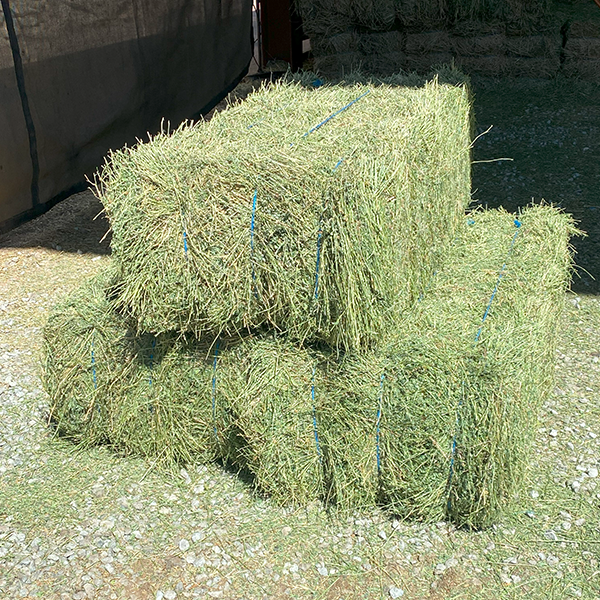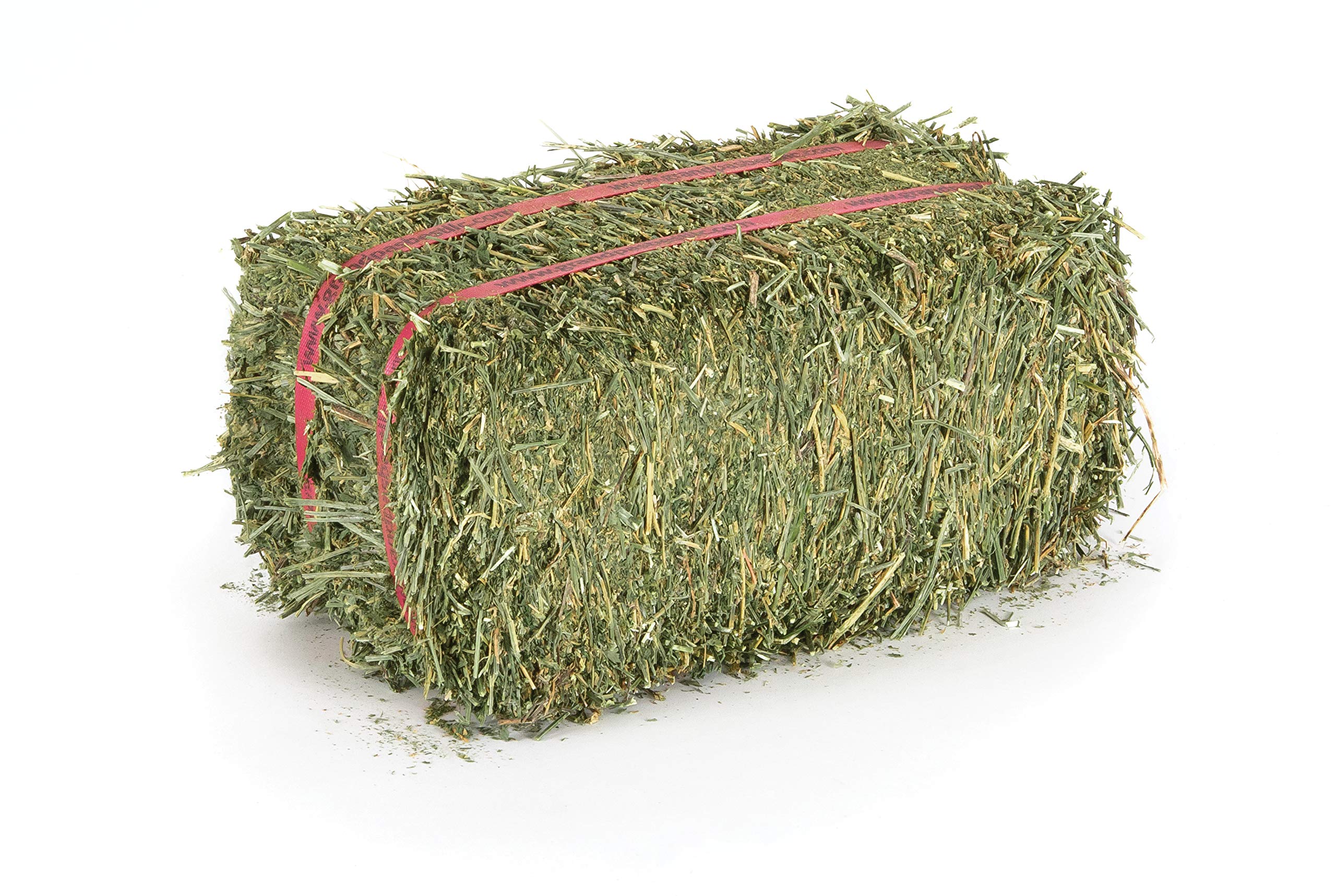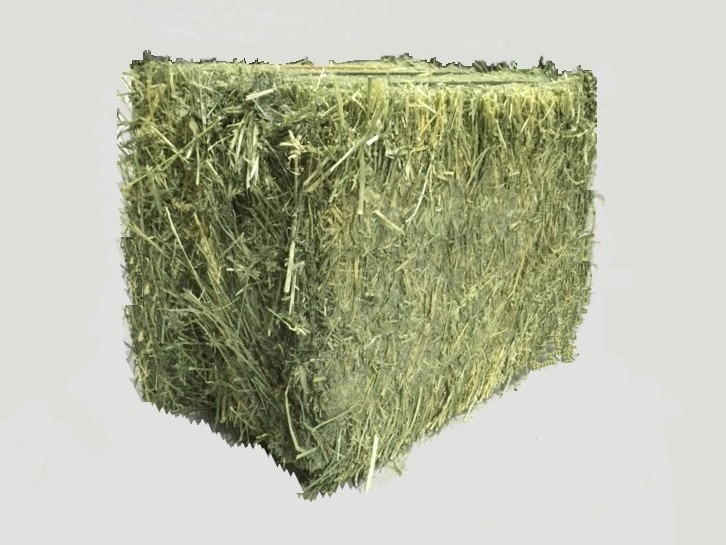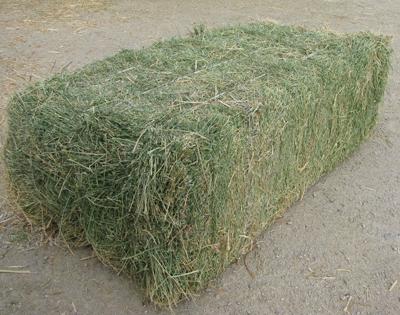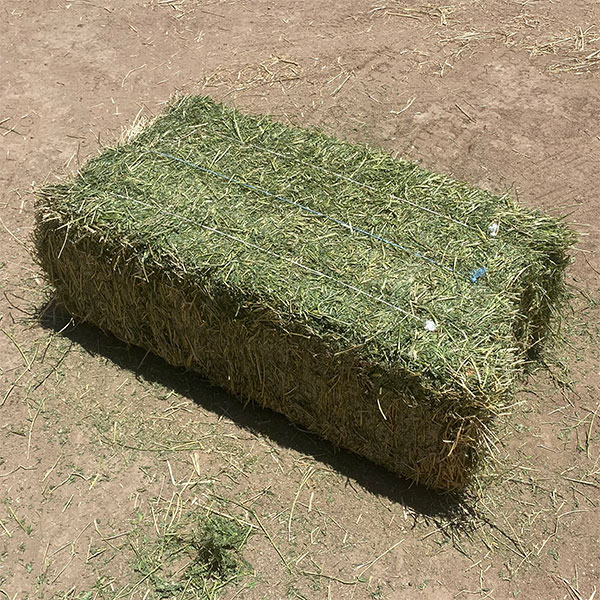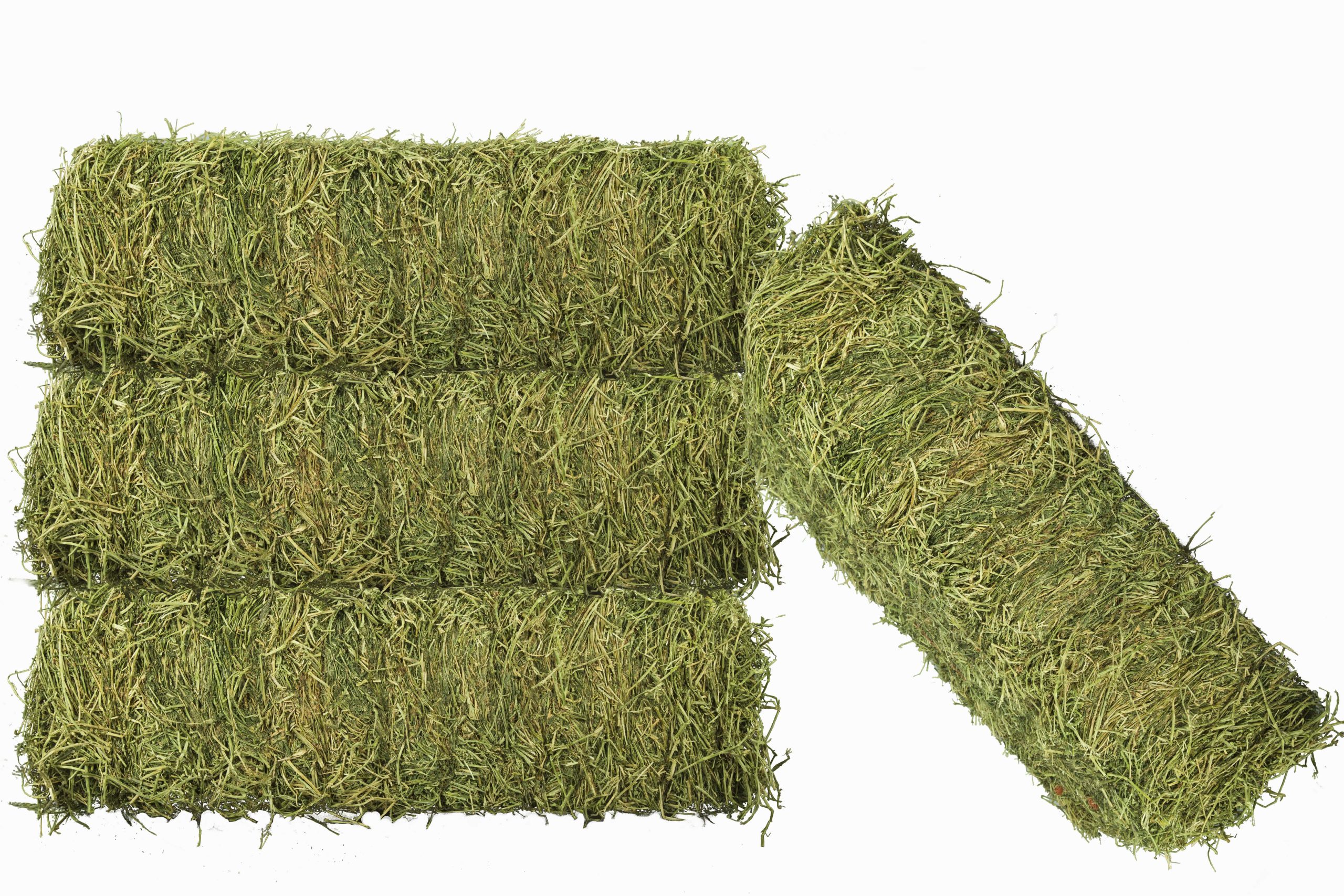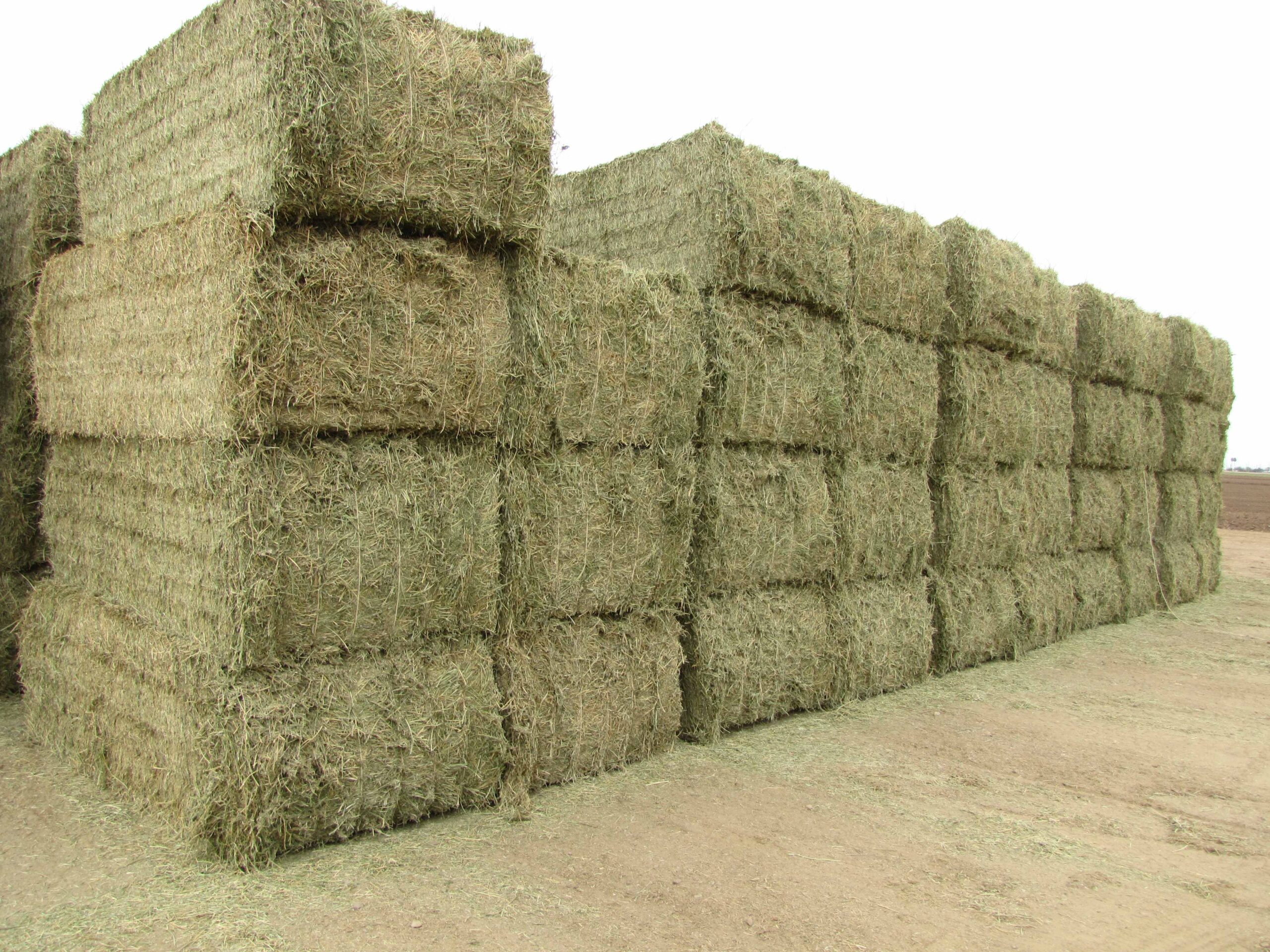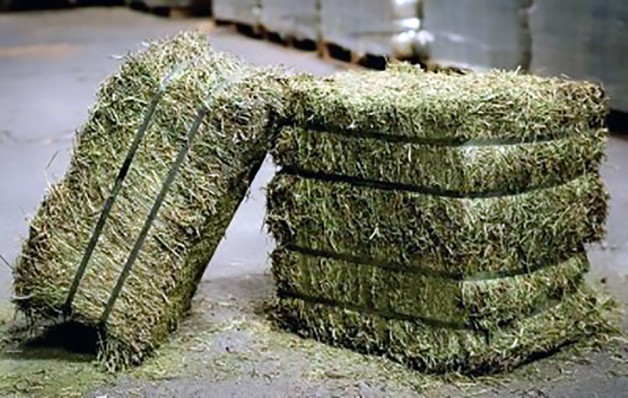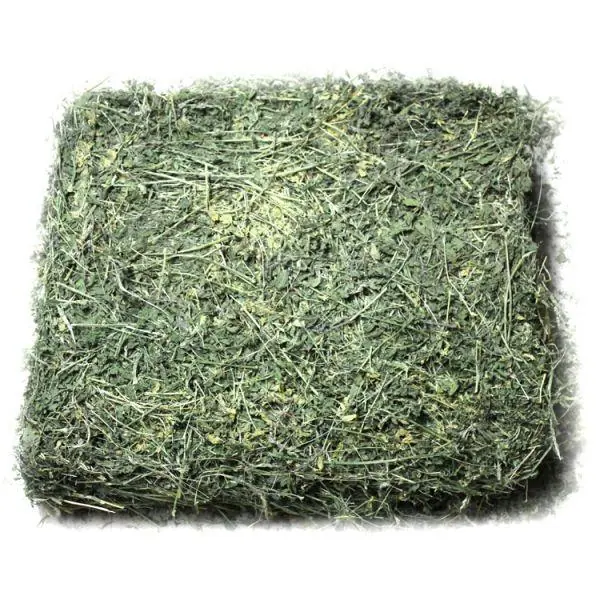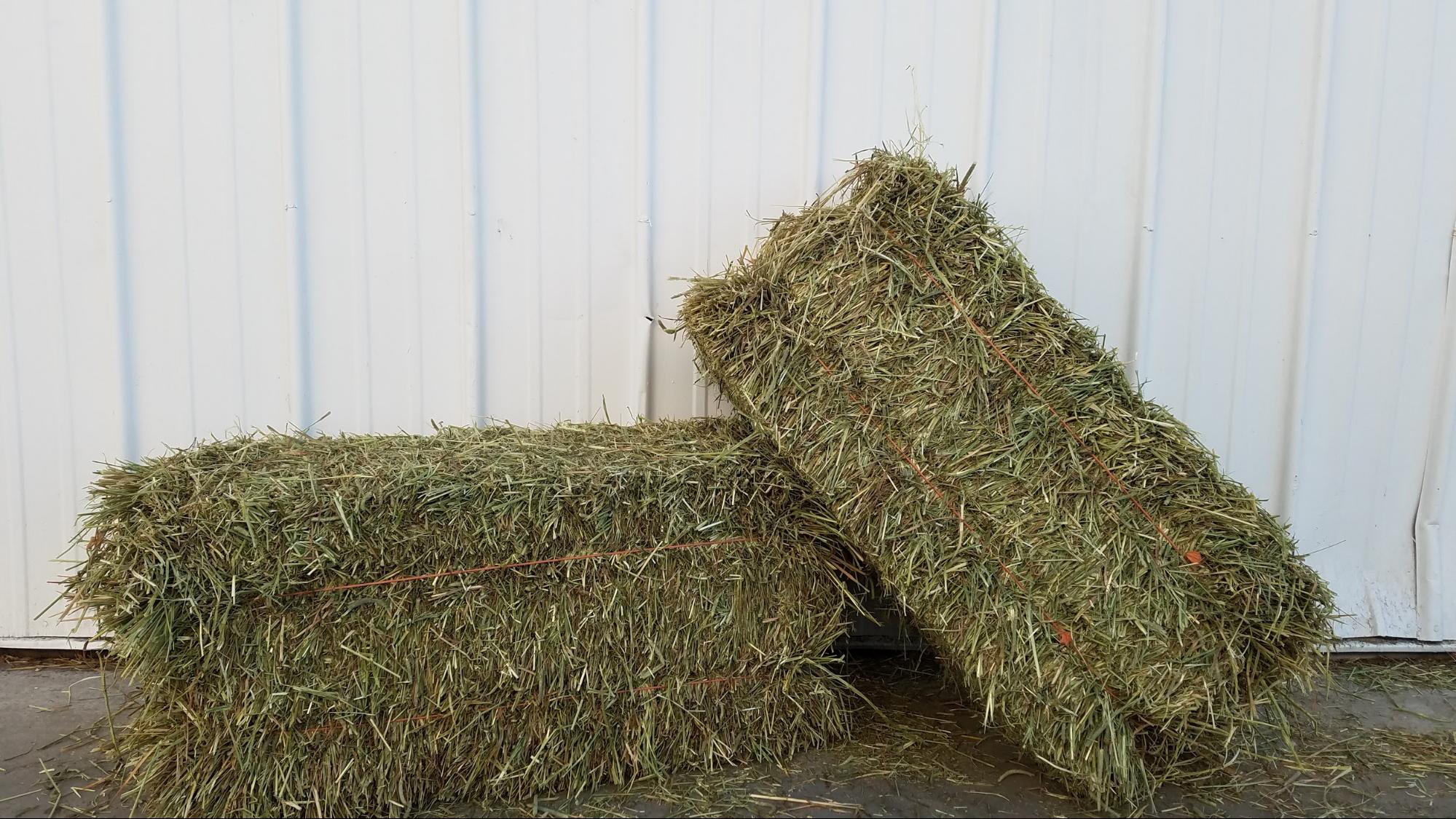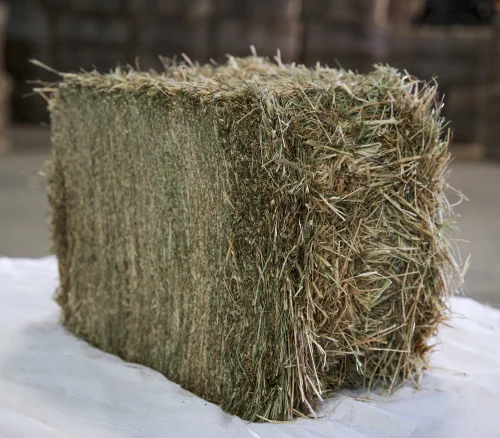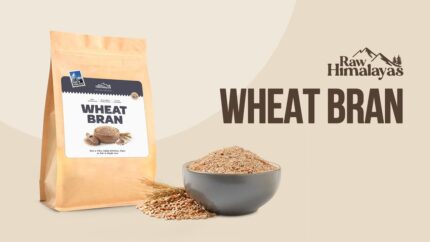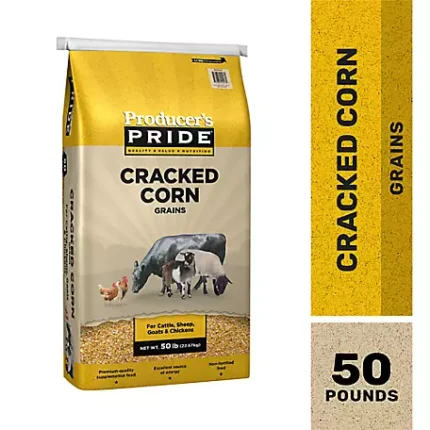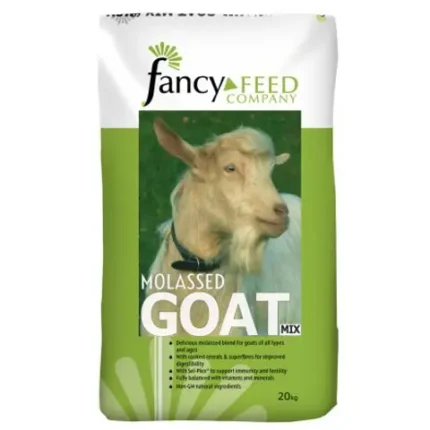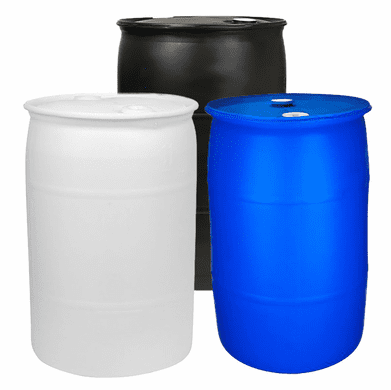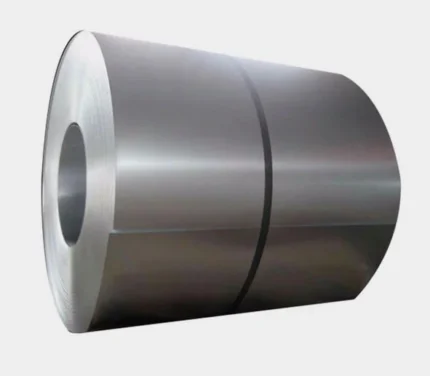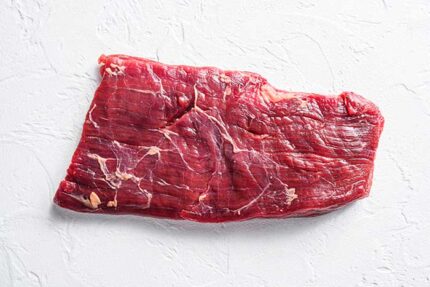Description
Alfalfa hay is a highly nutritious forage that is widely used in the livestock industry, particularly as feed for cattle, horses, sheep, and goats. Known scientifically as Medicago sativa, alfalfa is a perennial flowering plant that is rich in protein, vitamins, and minerals, making it an ideal choice for enhancing the diets of animals. The plant is typically harvested when it is in full bloom, as this stage maximizes nutrient content. Farmers cultivate alfalfa in a variety of climates, benefiting from its deep root system, which allows it to thrive in drought conditions and improve soil health by fixing nitrogen.
One of the key benefits of alfalfa hay is its high protein content, which can reach up to 20% or more, depending on the stage of growth and harvest methods. This makes it an exceptional source of energy, particularly for growing and lactating animals. Additionally, alfalfa hay is known for its palatability, encouraging livestock to consume it readily. The high fiber content aids in proper digestion and the maintenance of gut health. Furthermore, alfalfa’s rich mineral profile, including calcium, magnesium, and potassium, supports the overall health and productivity of livestock, contributing to better weight gain and milk production.
In addition to its nutritional advantages, alfalfa hay has positive environmental impacts. Its deep roots help prevent soil erosion and improve soil fertility, making it a sustainable choice for farmers. Moreover, alfalfa has the ability to capture carbon dioxide from the atmosphere, contributing to climate change mitigation efforts. The cultivation of alfalfa can also reduce the need for chemical fertilizers, as its nitrogen-fixing properties enrich the soil naturally. Thus, alfalfa hay not only plays a crucial role in animal nutrition but also supports sustainable agriculture practices, making it a critical component of modern farming systems.

